Fuel Injector Lifespan: A Comprehensive Guide
Fuel injectors are a crucial component in the engine’s fuel system. They are responsible for delivering fuel to the engine’s combustion chamber in a precise and controlled manner. Like all automotive systems, fuel injectors have a lifespan, and they eventually wear out over time. The question is, how long do fuel injectors last?
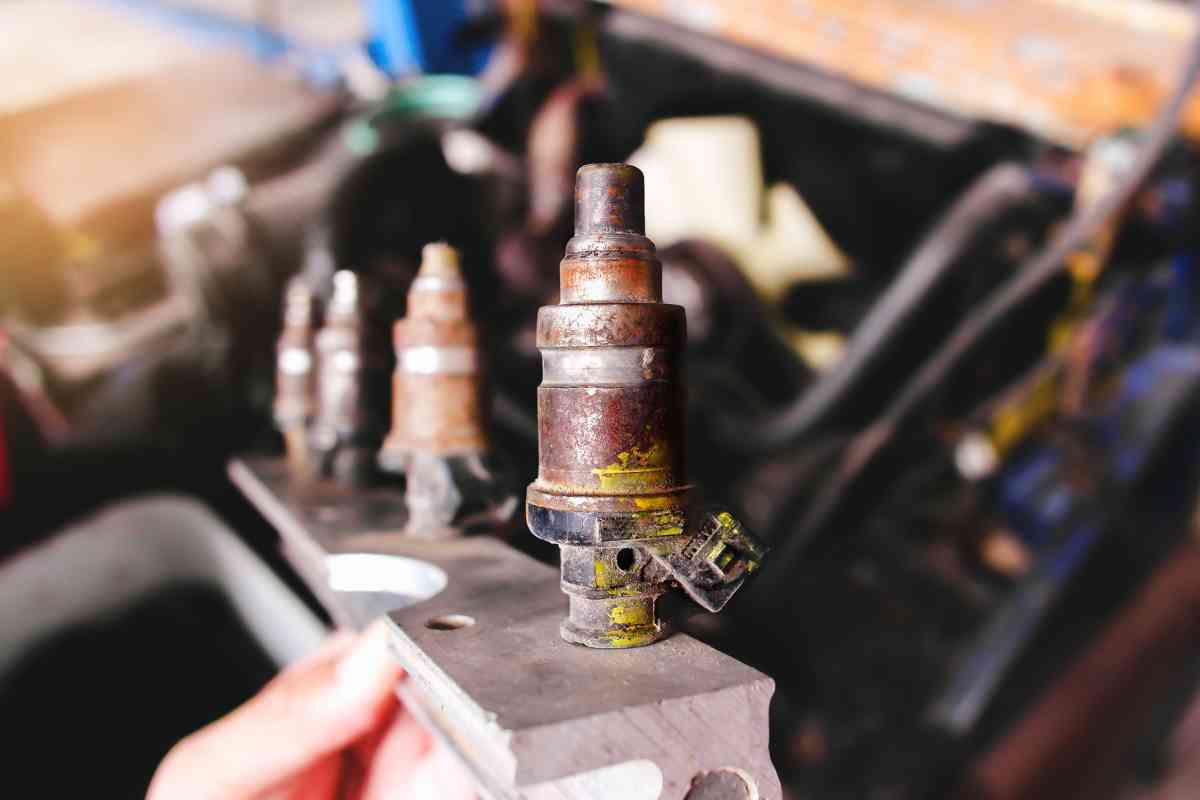
Related Post! How Long Does It Take To Break-In New Fuel Injectors?
How Long Do Fuel Injectors Last?
The lifespan of fuel injectors varies depending on several factors. Driving habits, fuel quality, maintenance, and driving conditions all play a role in determining the life expectancy of fuel injectors. In general, fuel injectors can last anywhere from 50,000 to 100,000 miles. However, some high-quality fuel injectors can last up to 150,000 miles or more.
Fuel injectors are an essential component of an engine’s fuel delivery system. They are responsible for delivering the right amount of fuel to the engine at the right time, ensuring optimal performance and fuel efficiency. Fuel injectors are found in gasoline and diesel engines and have replaced carburetors in modern engines.
What are Fuel Injectors?
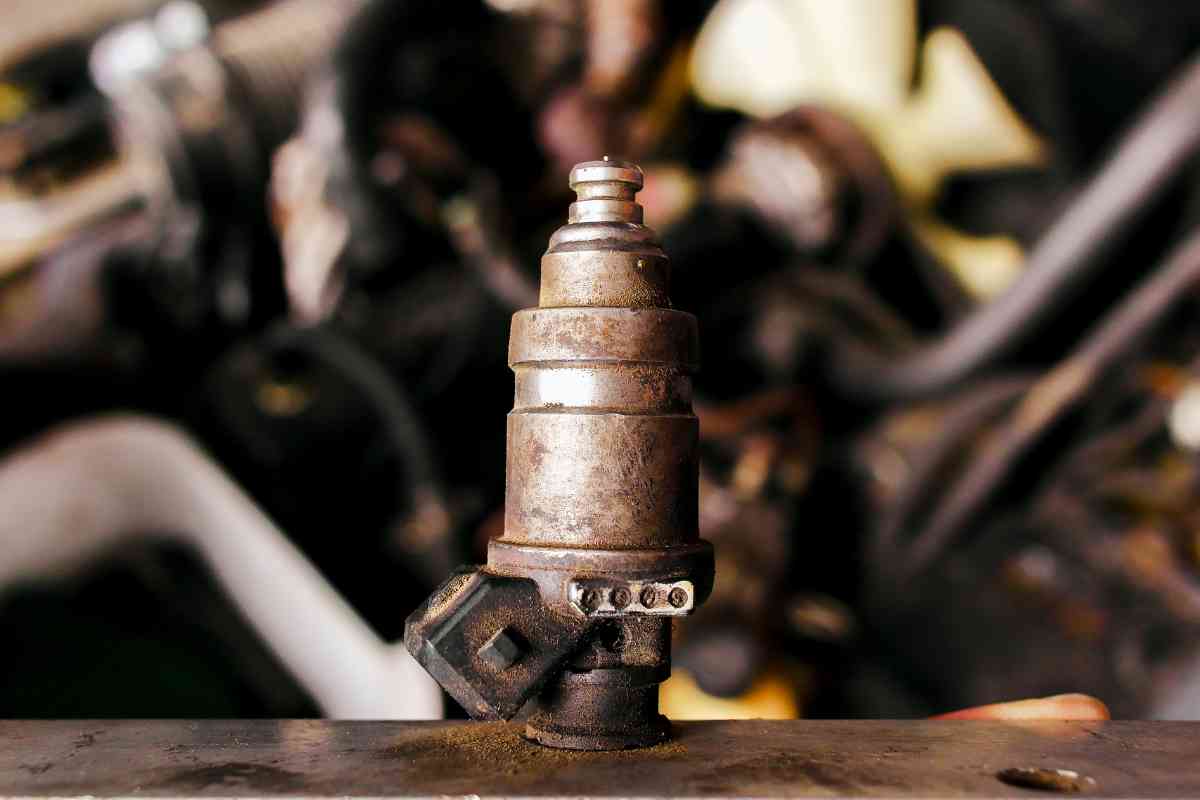
A fuel injector is a small, electronically controlled valve that is responsible for spraying fuel into the engine’s combustion chamber. The fuel is delivered in a fine mist that is easily ignited by the spark plug, allowing for efficient combustion. The amount of fuel delivered is controlled by the engine’s computer, which takes into account factors such as engine speed, load, and temperature to determine the optimal amount of fuel to deliver.
Types of Fuel Injectors
There are several types of fuel injectors, including:
- Throttle Body Injectors
- Port Fuel Injectors
- Direct Fuel Injectors
Throttle body injectors are located in the throttle body and spray fuel into the engine’s intake manifold. Port fuel injectors are located in the intake manifold and spray fuel directly into the engine’s combustion chamber. Direct fuel injectors are located in the cylinder head and spray fuel directly into the combustion chamber.
Each type of fuel injector has its own advantages and disadvantages, and the type used depends on the engine’s design and intended use.
Related Post! Why Are Fuel Injectors So Expensive?
Fuel Injector Lifespan
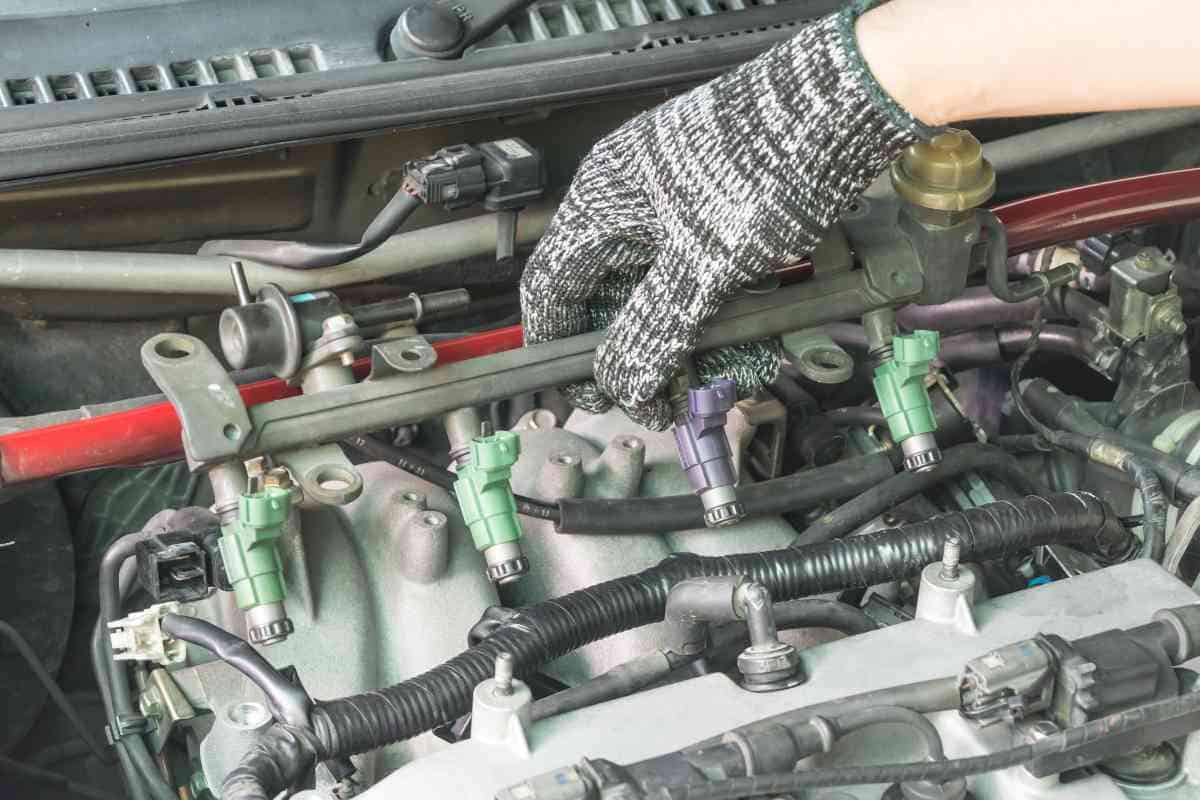
Fuel injectors are an essential part of any vehicle’s engine, responsible for delivering fuel to the engine’s combustion chamber. However, like any other component of a car, fuel injectors have a lifespan, and they eventually wear out and need to be replaced. This section will explore the factors that affect fuel injector lifespan, the average lifespan of fuel injectors, and the warning signs of a failing fuel injector.
Factors that Affect Fuel Injector Lifespan
The lifespan of fuel injectors can vary greatly depending on several factors, including:
- Driving conditions: Fuel injectors can wear out faster if they are exposed to extreme temperatures or harsh driving conditions.
- Fuel quality: Poor quality fuel can cause deposits to form on the fuel injectors, reducing their efficiency and lifespan.
- Lack of maintenance: Neglecting regular maintenance, such as changing the fuel filter, can cause fuel injectors to fail prematurely.
- Computer, ECU, and sensors: Problems with the engine’s computer, electronic control unit, or sensors can cause fuel injectors to malfunction.
- Dirt particles: Dirt and other particles can clog fuel injectors, leading to reduced performance and eventual failure.
Average Lifespan of Fuel Injectors
The average lifespan of fuel injectors varies depending on the make and model of the vehicle, as well as the driving conditions and maintenance history. However, most fuel injectors are designed to last between 50,000 and 100,000 miles.
Related Post! Why Do My Fuel Injector Fuses Keep Blowing?
Warning Signs of a Failing Fuel Injector
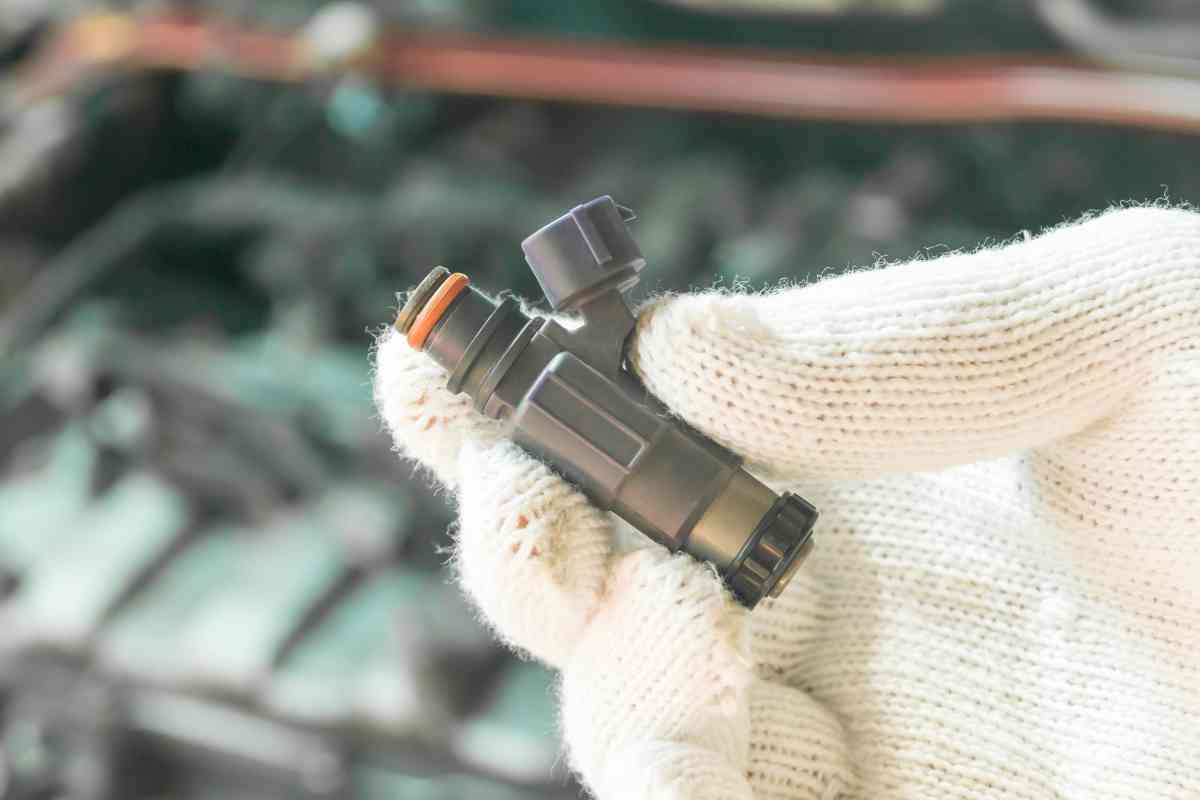
It’s important to be aware of the warning signs of a failing fuel injector, as driving with a malfunctioning injector can lead to serious engine damage. Some common warning signs include:
- Engine misfires or sputtering
- Rough idling or stalling
- The smell of fuel inside the car
- Poor performance or reduced fuel efficiency
- Check engine light
If any of these warning signs are present, it’s important to have the fuel injectors checked and replaced if necessary. Regular maintenance, such as thorough cleaning and replacing worn O-rings and gaskets, can also help extend the lifespan of fuel injectors.
Related Post! Are Fuel Injectors Covered Under Warranties?
How to Extend the Lifespan of Fuel Injectors
Regular Maintenance
Regular maintenance is essential to extend the lifespan of fuel injectors. It is recommended to follow the manufacturer’s maintenance schedule to ensure that the injectors are functioning optimally. Regular maintenance includes changing the air filter, fuel filter, and oil filter at the recommended intervals. These filters help to keep the fuel system clean and free of contaminants that can clog the injectors.
Using High-Quality Fuel
Using high-quality fuel is another way to extend the lifespan of fuel injectors. High-quality fuel contains fewer impurities and additives that can cause deposits and clogs in the fuel system. It is recommended to use fuel with a higher octane rating to prevent detonation and premature wear of the injectors.
Keeping the Fuel System Clean
Keeping the fuel system clean is crucial to prevent clogs and deposits from forming in the fuel injectors. Regular use of a fuel injector cleaner can help to remove deposits and improve the performance of the injectors. It is also important to keep the fuel tank and fuel lines clean to prevent contaminants from entering the fuel system.
Using Fuel Additives
Using fuel additives can also help to extend the lifespan of fuel injectors. Fuel additives can help to clean the fuel system, prevent deposits, and improve fuel efficiency. It is recommended to use fuel additives that are specifically designed for the type of fuel being used, such as gasoline or diesel.
In conclusion, extending the lifespan of fuel injectors is essential to keep the fuel system functioning optimally. Regular maintenance, using high-quality fuel, keeping the fuel system clean, and using fuel additives are all effective ways to extend the lifespan of fuel injectors.
Related Post! Does Fuel Injector Cleaner Have A Shelf LIfe?
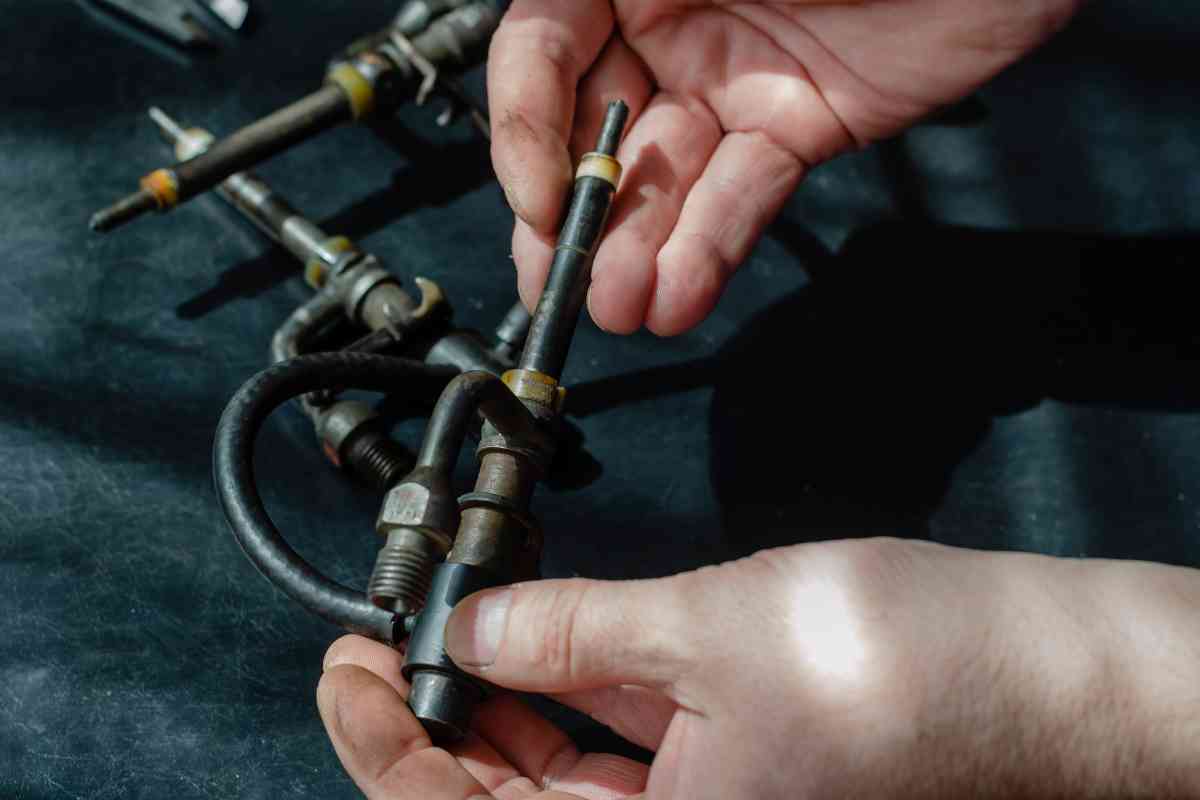
When to Replace Fuel Injectors
Fuel injectors play a crucial role in the engine performance of a vehicle. Over time, fuel injectors can wear out and become less effective. It is important to know when to replace fuel injectors to prevent engine damage and ensure optimal performance. Below are some signs that fuel injectors may need replacement and steps on how to replace them.
Signs that Fuel Injectors Need Replacement
There are several signs that fuel injectors may need to be replaced. One of the most common signs is a decrease in engine performance. If the engine is not running smoothly or is misfiring, it could be due to clogged or malfunctioning fuel injectors. Another sign is a decrease in fuel efficiency. If the vehicle is using more fuel than usual, it could indicate that the fuel injectors are not working properly. Additionally, a gas odor coming from the engine or exhaust could be a sign that the fuel injectors are leaking.
How to Replace Fuel Injectors
If fuel injectors need to be replaced, it is important to do so as soon as possible to prevent further damage to the engine. The following steps can be taken to replace fuel injectors:
- Disconnect the battery to prevent any electrical accidents.
- Locate the fuel injectors. They are typically located near the cylinders or the combustion chamber.
- Remove the fuel rail and disconnect the fuel lines from the injectors.
- Remove the old fuel injectors and replace them with new ones. It is important to use the correct fuel injectors for the make and model of the vehicle.
- Reconnect the fuel lines and fuel rail.
- Reconnect the battery and start the engine to ensure the new fuel injectors are working properly.
Replacing fuel injectors can be a complex process and may require the help of a professional mechanic. Delphi is a reputable brand that offers high-quality fuel injectors and replacement parts.
Conclusion
After conducting extensive research on fuel injectors and their lifespan, it is clear that the longevity of these components varies greatly depending on a number of factors. While some fuel injectors can last upwards of 100,000 miles or more, others may fail much sooner due to poor maintenance or other issues.
It is important for vehicle owners to understand the role that fuel injectors play in their car’s performance, and to take steps to ensure that they are properly maintained and replaced when necessary. Regular inspections, cleaning, and replacement of worn or damaged fuel injectors can help to extend their lifespan and keep your car running smoothly for years to come.
Overall, while there is no definitive answer to the question of how long fuel injectors last, it is clear that proper maintenance and care can go a long way in ensuring their longevity and performance.
